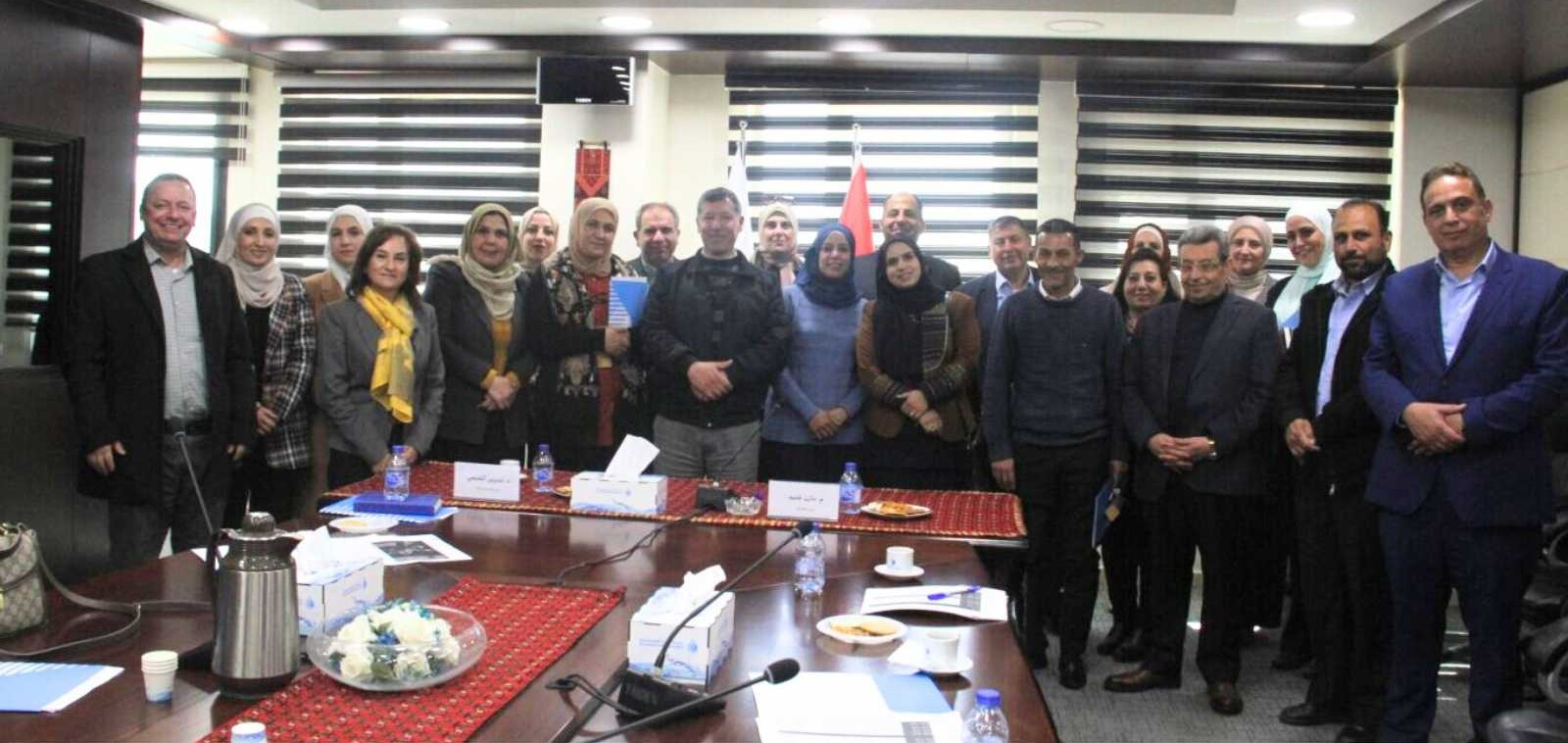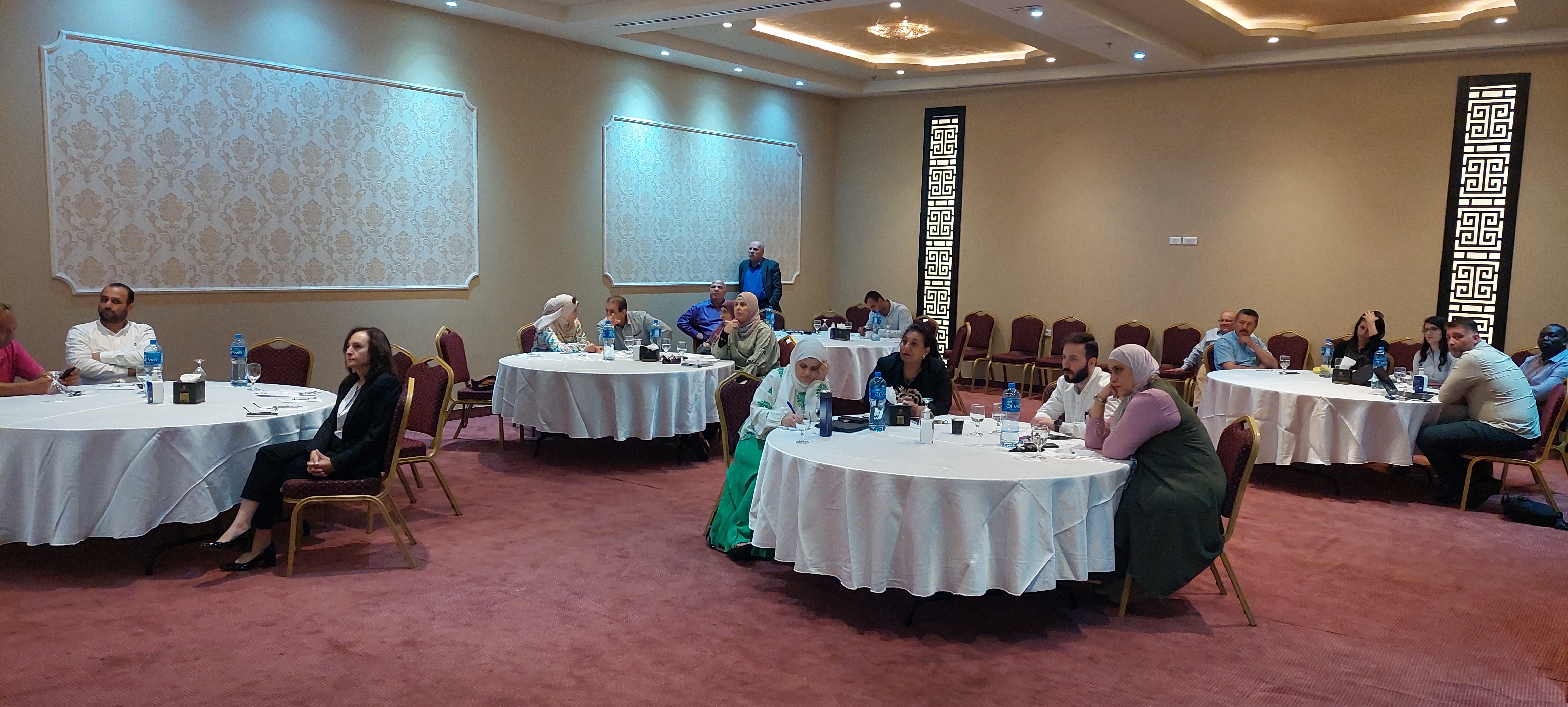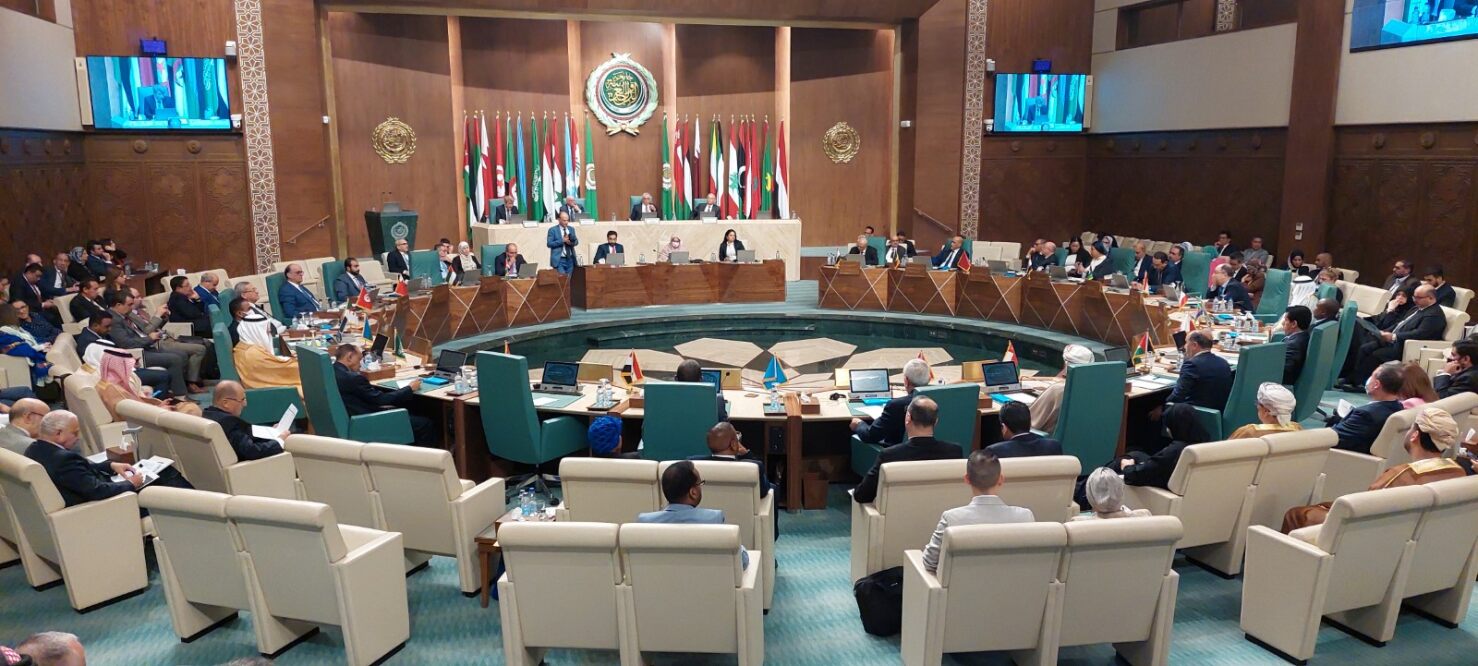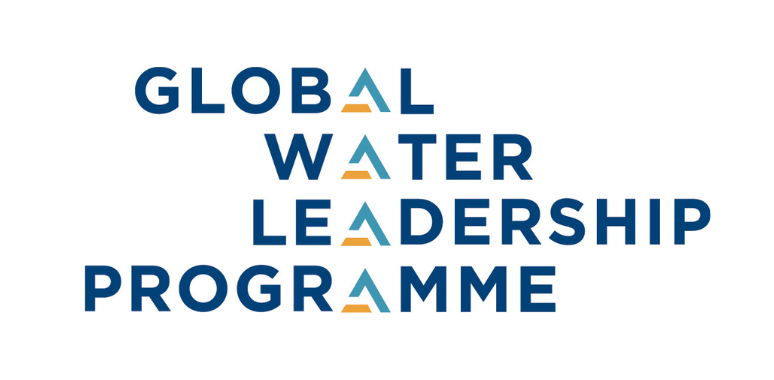What was the GWL Programme
A ground-breaking global initiative, the FCDO-funded “Global Water Leadership in a Changing Climate” (GWL) programme provided critical support to governments in seven low and middle-income countries (LMICs) to become international models for water leadership and to demonstrate the socio-economic transformations that can be accomplished by making climate-resilient and gender-transformative water management including water and sanitation, health and hygiene (WASH) services a political priority.

Since launching in April 2021, GWL has been working to strengthen national support for integrated water resources and services management, provide critical information and analysis to identify, prioritise and resolve barriers through developing national response strategies, input into water (and/or climate) policies, and help governments access financing to transform the sector and bolster its climate resilience.
At the core of this success is a commitment to breaking down the siloes in which integrated water resource management (IWRM) and WASH operate for the development of holistic and climate-resilient solutions. To that end, GWL was implemented through a collaboration comprising GWP, UNICEF, SWA, WHO and JMP.
As the sole IWRM implementing partner, GWP has designed a set of work packages to contribute to Output 1 (Strengthened Leadership and Collaboration), Output 2 (Evidence, Norms and Standards) and Output 3 (Identifying systemic and financial constraints) for IWRM, and, where possible, climate-resilient WASH services. These Outputs contribute to generating political leadership for water at the national and international levels.

The programme was conducted in seven GWP countries spread across five sub-regions: Central African Republic in Central Africa; Rwanda and Uganda in Eastern Africa; Malawi and Tanzania in Southern Africa; Nepal in South Asia; and the State of Palestine in the Mediterranean.
The flagship product of the GWL programme is government-validated Response Strategies for addressing the most critical barriers to climate-resilient water management. Barriers have been identified by national stakeholders, who have prioritised the top 3 barriers in their respective country. Multistakeholder working groups (WGs) have been formed – one per barrier – each tasked with developing a Response Strategy to address their respective barrier. A Response Strategy contains two components: an Action Plan and a Finance Plan, and local finance consultants were engaged to assist working groups in costing their actions.

A snapshot of GWL in Palestine
Country Context: Water and Sanitation
Palestinian territories continue to face significant and growing shortfalls in the water supply available for domestic use. The two main regions in the State of Palestine, West Bank and Gaza, are very water-scarce with a water-dependent economy. Nearly 660,000 Palestinians have limited access to water, with 420,000 persons obtaining less than 50 litres per capita on average daily. According to the Water Sector Regulatory Council (WSRC) in the State of Palestine, 33 per cent is the median rate. Non-revenue water is responsible for $45 million of the more than 85 million cubic metres of freshwater that are lost annually and might have been used to alleviate water scarcity and inadequate supply. Most of these losses are absorbed by water service providers, threatening their financial viability, operational performance, and service delivery quality. Limitations exist in scaling up the use of treated wastewater for technical and social reasons and, responding to that, GWL assisted in addressing the social resistance to reuse the treated wastewater by conducting root-cause analysis and agreeing on community engagement activities.
What were the major barriers that were identified?
Originally, around 35 bottlenecks were mentioned, reflecting the root causes, and three major bottlenecks were prioritized for Palestine:
1. Absence of integrated planning tools for water resources management based on climate change: Palestine identified lack of synchronized national databases and their updates as key barrier, with response strategy of developing integrated planning tool and performance management system for water resources and climate change that includes conducting an assessment study of existing systems and a mechanism of data sharing.
2. Lack of national performance management and related jointly defined smart key performance indicators (KPIs): There is a national demand to align the contribution of individual institutions to national strategies and policy though setting shared performance indicators and assist the institutions to frequently report on results related to the indicators.
3. Social behaviour resistance to and a lack of gender mainstreaming on the reuse of Treated Wastewater (TWW): Cultural and social barriers increase the resistance to use the treated wastewater and to be considered as part of the national water budget.

What were the corresponding strategies to address these barriers:
1st barrier: Developing of integrated planning tools for water resources management based on climate change.
2nd barrier: Developing of integrated management performance system for water resources management based on climate change.
3rd barrier: Mainstreaming social acceptance and use of Treated Wastewater (TWW), with a focus on Women and, Youth.
What was the institutional setup of the working groups?
The 3 working groups were formed from different relevant institutions, including, the Palestinian Water Authority (PWA), Ministry of Agriculture, Environmental Quality Authority, Palestinian Energy and Natural Resources Authority, Ministry of Women Affairs, Palestinian Central Bureau of Statistics PCBS, Ministry of Education, Palestinian Women Water Practitioners Network, and the Prime Minister’s Office. It was vital to represent different institutions among the 3 WG members.
How does the government of Palestine intend to see the Response Strategy implemented?
Following the approval of the Response Strategy (March 2024), the government is seeking implementation through further assigning related responsibilities and looking for financing sources (public budget, bilateral and multilateral donors, and possibly private sector).
Has GWL promoted any additional activities not exclusively linked to the Response Strategies?
The GWL program decided to implement the Water Tracker in Palestine at its initial stage aiming at assessing water in relevant strategies, polices and plans about water in Palestine.

Furthermore, GWP-Med in close coordination with PWA:
- elaborated a Policy Brief on IWRM & WASH alignment for climate resilience objectives in Palestine
- conducted a training for 6 Palestinians from the WGs members on the assessment and development of strategies. The training took place in Amman, Jordan, using the European Foundation for Quality Management EFQM as a tool for achieving the desired outcome. The trainees were provided with certificates on the assessment of institutions performance.
Practical synergies were also developed with the Palestinian Women Water Practitioners Network and the Climate Change Department at the Arab American University.
Funded by the UK Foreign Commonwealth & Development Office (FCDO), the Global Water Leadership in a Changing Climate (GWL) programme is co-implemented across a total of ten countries by the Global Water Partnership (GWP), United Nations Children’s Fund (UNICEF), Sanitation and Water for All (SWA), Joint Monitoring Programme for Water Supply, Sanitation and Hygiene (JMP) and the World Health Organization (WHO).
For the closeout workshop see here.
For further information on the GWL Programme see here.
For related news articles see here.
